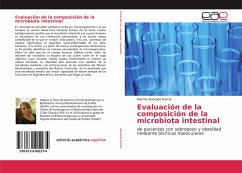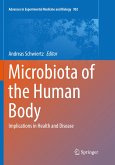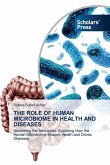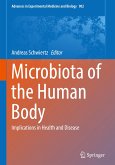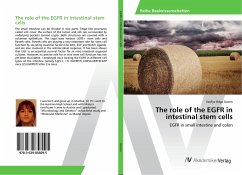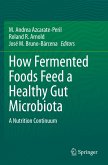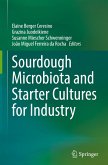The gastrointestinal tract of humans is a complex ecosystem composed of numerous interacting cell populations belonging to three different cell complexes: the epithelium, the immune system and the resident bacterial microbiota. However, the presence of all three components is required for full physiological function. Genetic or functional alterations of any one component of this ecosystem can result in a broken alliance and subsequent GI pathology. Due to the importance of gut microbiota for the host, in the recent years many studies have been made to evaluate the interaction between indigenous bacteria and host. Because of its fundamental role for the human, it becomes of primary importance to be able firstly to recognise and enumerate constituents of the gut microbiota and secondly to understand when and how this commensal microbiota can be established in the human gut in early life and which are the principal factors influencing its establishment. It is known that the first few weeks after birth and the weaning period correspond to critical stages of gut colonisation. The book will provide a general overview of the molecular ecology of the human microbiota in early infancy.
Bitte wählen Sie Ihr Anliegen aus.
Rechnungen
Retourenschein anfordern
Bestellstatus
Storno


